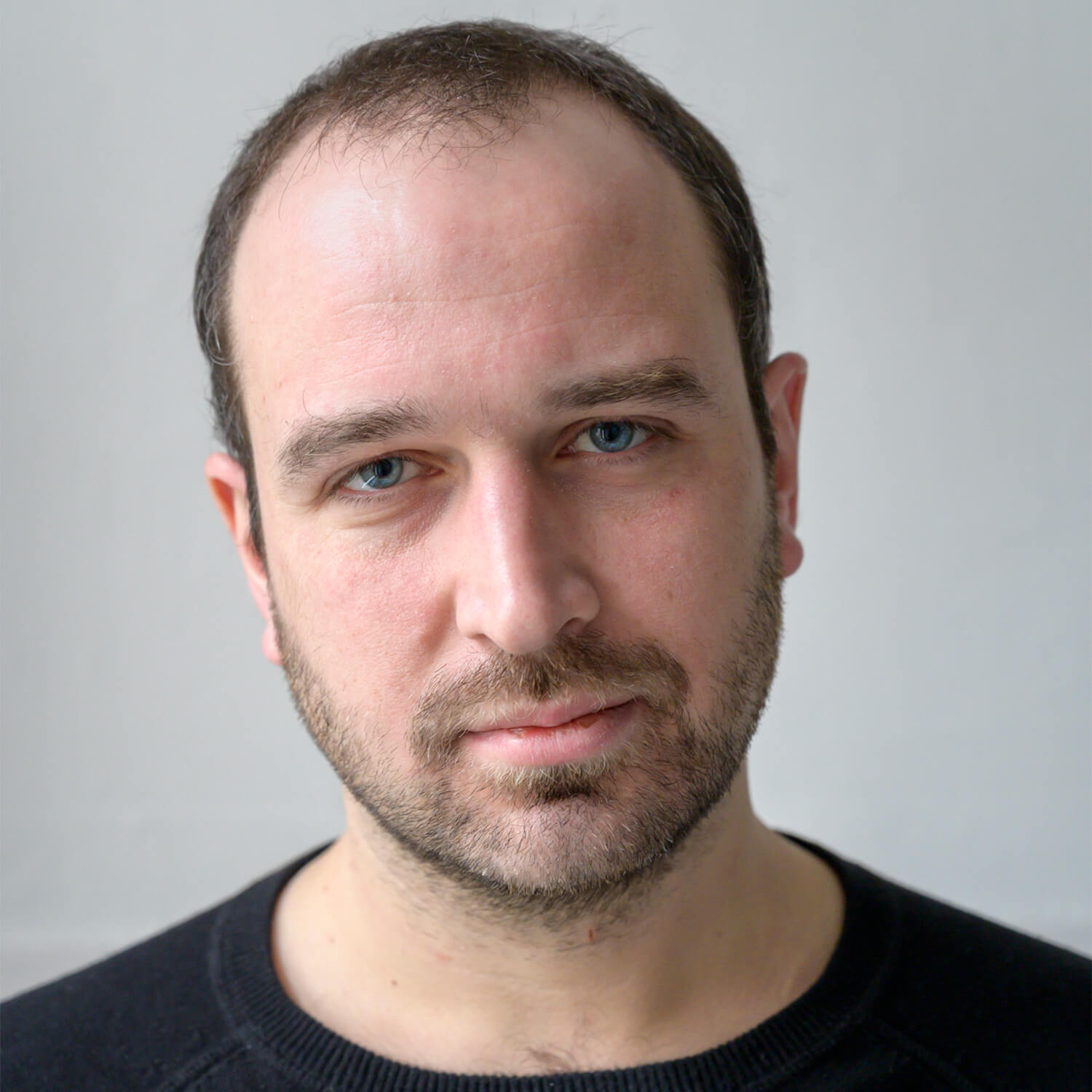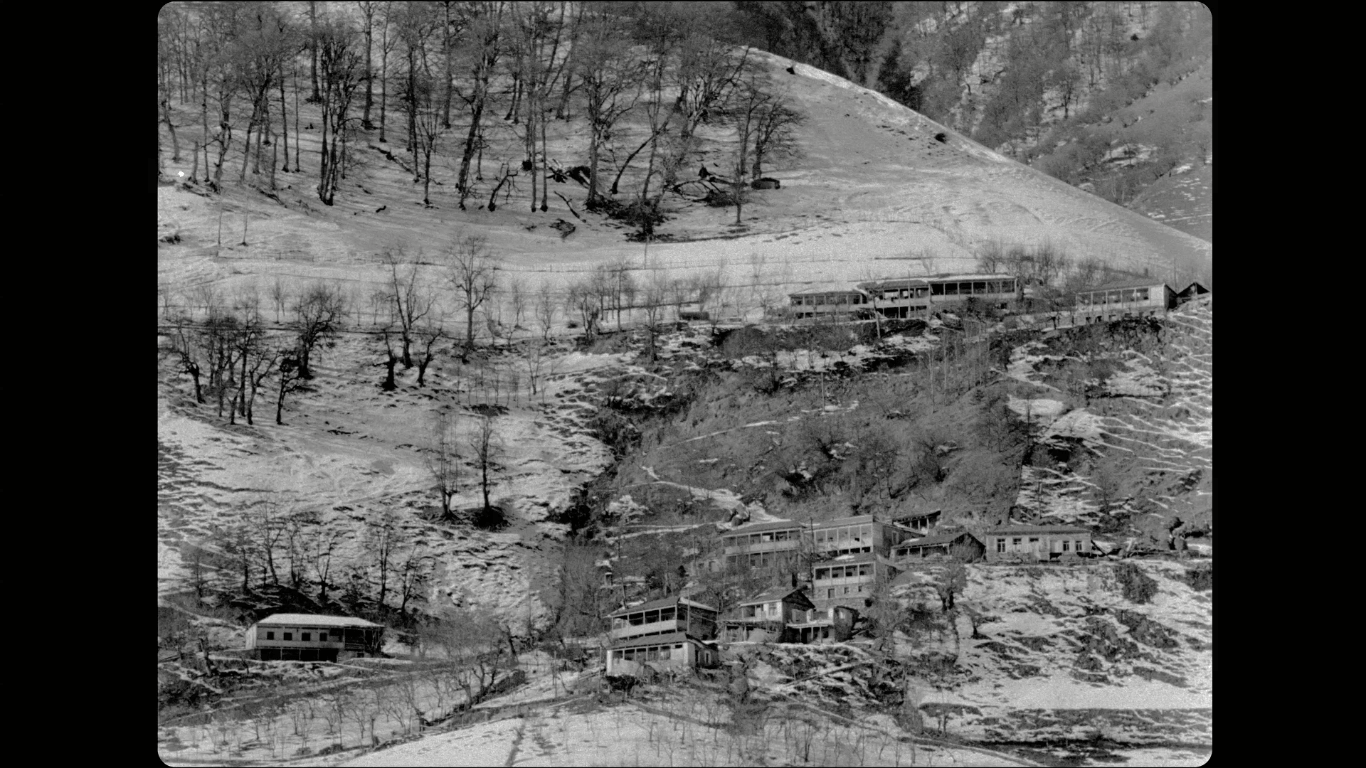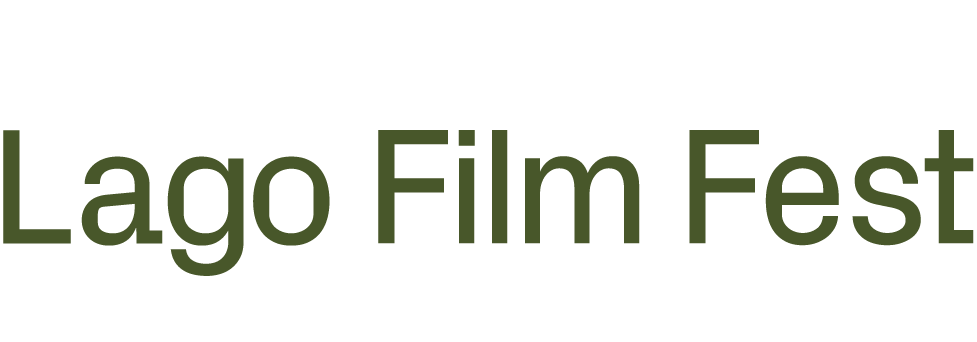A love letter to Georgian cinema in a focus curated by Alexandre Koberidze

Alexandre Koberidze is one of the most interesting and promising directors in contemporary cinema, capable of establishing himself on the world stage with dreamy and poetic films. After being at Lago Film Fest last year with a selection of four short films he directed, Koberidze returns to the festival presenting a special focus devoted to Georgian cinema.
From 1912, when the first film was made in Georgia (Journey of Akaki) to the present day, too many films have been made to yield a selection of short films without a common thread. There are films that have been enormously popular in Georgia but are completely unknown outside the country; some of these are especially valuable because they helped shape the filmmaker as a person and as a filmmaker. The works in the program Carte blanche to Alexandre Koberidze represent a very personal selection, a love letter to Georgian cinema that the director wanted to share with the Lago Film Fest audience.
With the support of “Georgian National Film Center” and “National Archives of Georgia”
La selezione:
Feola – Baadur Tsuladze
Georgia / 1970 / 37′ / fiction
Bread Makers – Bidzina Rachvelishvili
Georgia / 1970 / 10′ / doc
Kolkhida – Soso Chkhaidze
Georgia / 1967 / 21′ / doc
Mekvle – Goderdzi Chokheli
Georgia / 1981 / 15′ / fiction
Gogi Ratiani – Kote Marjanishvili
Georgia / 1927 / 40′ / fiction

After studying microeconomics and film production in Tiflis, Alexandre Koberidze moved to Berlin and studied directing at the German Film- and Television Academy Berlin (DFFB). During his studies, he directed several successful short films, starting with his short Colophon (2015) that gained critical plaudits at the Kurzfilmtage Oberhausen. His first feature “Let the summer never come again” (2017) won multiple awards at many festivals worldwide, including the Grand Prix at FID Marseille. Second feature “What Do We See When We Look At The Sky?” (2021) had its premiere at the Competition of 71th Berlin Film Festival and won the FIPRESCI prize there.




